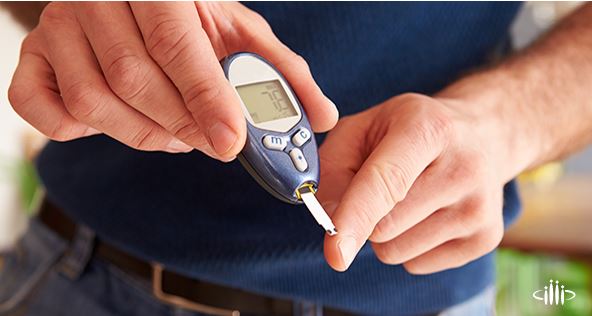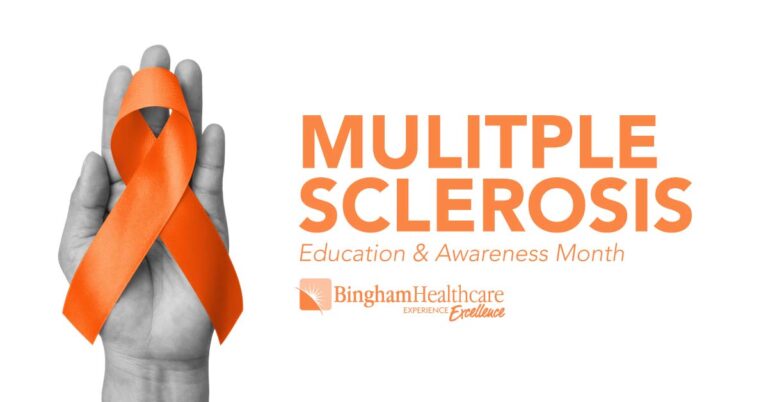
National Kidney Month
Since March is designated as National Kidney Month to raise awareness about the prevention and early detection of kidney disease, we would like to provide you with some useful information on how to help and support a loved one facing this life-changing illness.
Unfortunately, more than 29 million adults in the United States have diabetes, and 25 percent of them don’t know it. And the Center for Disease Control reported that in 2013 kidney disease was the seventh leading cause of death in the United States (and this may be underreported).
Having a chronic condition like diabetes means it’s a 24/7 thing—it never goes away. People who have diabetes need all the support they can get. But this can also be a difficult task to undertake. The wrong approach, even though well-intentioned, may rub someone the wrong way. So, it’s important to handle a conversation sensitively.
Help your spouse, child, or parent be healthy by following these tips.
YOUR SPOUSE: Eat what your partner eats
Imagine how you’d feel if you weren’t able to eat ice cream and your spouse scooped up a nightly sundae. Help the person with diabetes stick to the right diet by doing so yourself.
YOUR CHILD: Make injections easier
The majority of kids with diabetes have type 1, which means daily insulin therapy, usually as an injection.
“Kids don’t like shots, period,” says Angelo Capricchione, MD, a board-certified endocrinologist and a diabetes and thyroid expert at Bingham Memorial Hospital. “So it’s about positive reinforcement and focusing their attention elsewhere.”
For younger kids, offer stickers or have them pick a favorite book. Teenagers might prefer to listen to music during the treatment.
YOUR PARENT: Help manage medications
Make an accurate list of all medications (including supplements), dosages and times taken, and share it with the doctor, who can adjust them as needed. Help your parent organize them into pill cases so it’s clear what needs to be taken and when.
Diabetes Support
Angelo Capricchione, MD, is a fellowship-trained endocrinologist at Bingham Memorial Hospital, and is board certified in the treatment of osteoporosis, diabetes, and thyroid disorders. If you think you’re at risk for diabetes, need a screening, or would like to discuss the management of your diabetes or that of a loved one, please contact Dr. Capricchione’s Blackfoot office at (208) 785-3865.
Our content is reviewed regularly and is updated when new and relevant evidence is made available. This information is neither intended nor implied to be a substitute for professional medical advice. Always seek the advice of your physician or other qualified health provider prior to starting any new treatment or with questions regarding a medical condition.
Return to Articles


